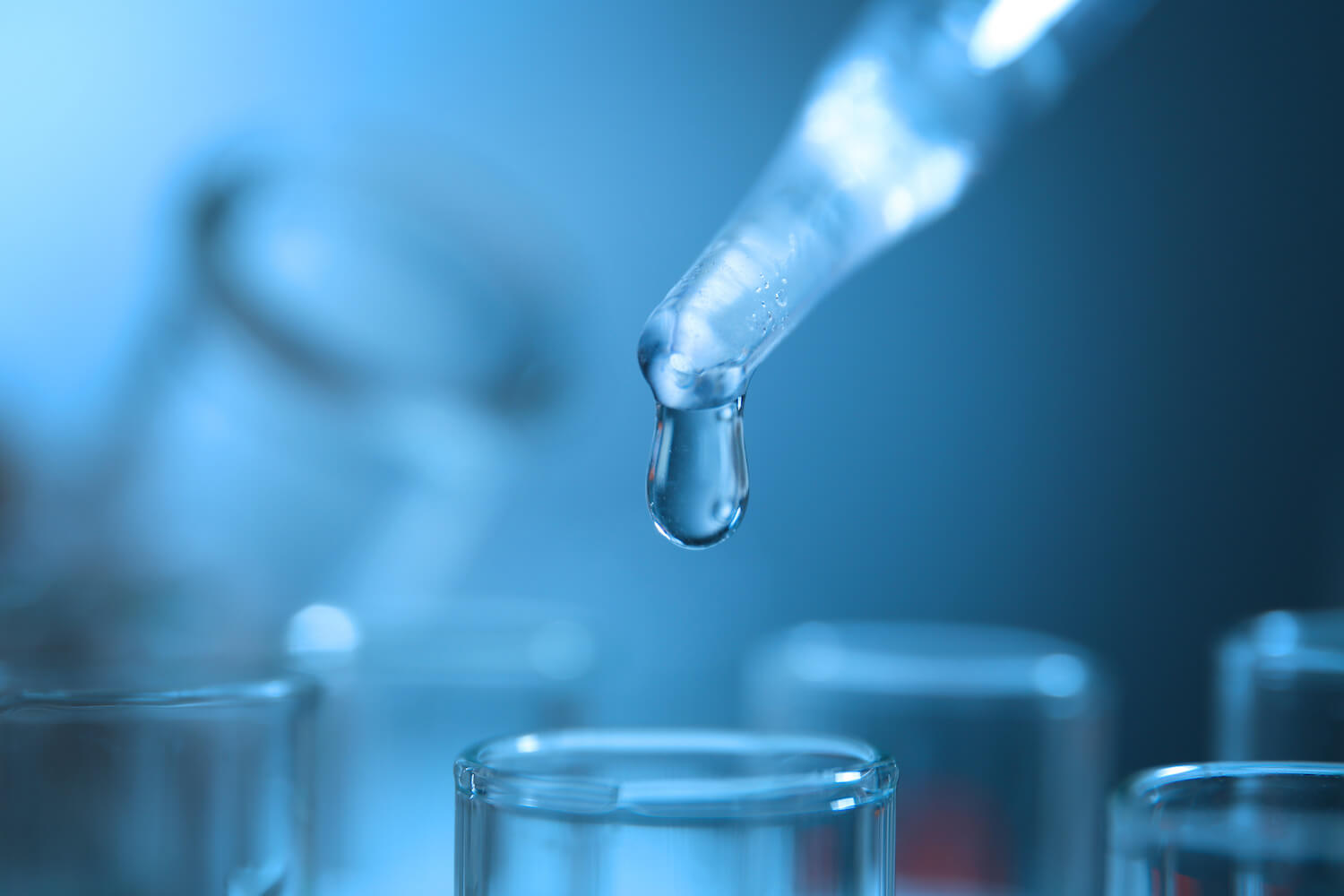ISO 10705-3 Somatic Coliphages Detection Testing
The ISO 10705 series is designed to provide methods for the detection and enumeration of coliphages in water. This specific service, ISO 10705-3, focuses on somatic coliphages, which are a subgroup of bacteriophages that infect Escherichia coli (E. coli) bacteria. Somatic coliphages serve as indicators for the presence of enteric pathogens and provide critical insights into water quality.
The test is particularly relevant in drinking water quality testing because it helps ensure public health standards are met by identifying potential contamination sources. Compliance with regulations like ISO 10705-3 is crucial to safeguarding water supplies from harmful microorganisms that can lead to gastrointestinal illnesses.
Sample preparation for this test involves collecting water samples and concentrating the sample through filtration or centrifugation, followed by inoculation on agar plates containing specific media. The presence of somatic coliphages is detected by the characteristic plaques formed on these agar plates after incubation.
Instrumentation used in this process includes high-speed centrifuges for concentration, automated colony counters for counting plaques, and incubators to maintain optimal growth conditions. Reporting involves quantifying the number of plaques per liter of water, which is then correlated with potential pathogen risks using established criteria.
This method is widely recognized and recommended by various international standards like ISO 10705-3, which ensures consistency across laboratories worldwide. It plays a vital role in ensuring that drinking water meets stringent safety requirements set forth by public health authorities.
The accuracy and reliability of this testing are paramount to maintaining the integrity of our nation's drinking water supply. By adhering strictly to ISO 10705-3 guidelines, we provide clients with precise data on coliphage levels in their water samples, thereby supporting informed decision-making regarding water treatment processes.
- Sample Preparation: Filtration or centrifugation followed by inoculation onto appropriate agar plates.
- Incubation: Plates are incubated under controlled conditions to allow for optimal growth of coliphages.
- Data Collection: Counting the number of plaques formed on the agar plates after incubation.
Benefits
The implementation of ISO 10705-3 somatic coliphage detection testing offers several key benefits:
- Improved Public Health: Early detection allows for timely intervention to prevent the spread of waterborne diseases.
- Enhanced Compliance: Ensures that all samples meet strict regulatory requirements set by health organizations globally.
- Informed Decision-Making: Provides actionable data supporting decisions related to water treatment processes and infrastructure improvements.
- Reduced Risks: Minimizes the risk of outbreaks associated with contaminated drinking water sources.
Eurolab Advantages
EuroLab, our accredited laboratory, offers several advantages when it comes to ISO 10705-3 somatic coliphage detection testing:
- Accreditation and Standards Compliance: Our lab is fully accredited by Eurolab, ensuring adherence to all relevant international standards.
- Expertise and Experience: Our team of experts has extensive experience in water quality testing, providing accurate results consistently.
- State-of-the-Art Facilities: Equipped with cutting-edge technology and facilities that meet the highest industry standards.
- Comprehensive Reporting: Providing detailed reports that include all necessary data points for informed decision-making.
Environmental and Sustainability Contributions
The detection of somatic coliphages plays a crucial role in environmental protection and sustainability efforts:
- Water Quality Monitoring: By identifying potential contamination sources early, this test aids in preserving water quality.
- Ecosystem Health: Ensuring that aquatic ecosystems remain free from harmful pathogens helps maintain biodiversity.
- Sustainable Infrastructure: Providing reliable data supports the development of sustainable water treatment facilities and practices.





